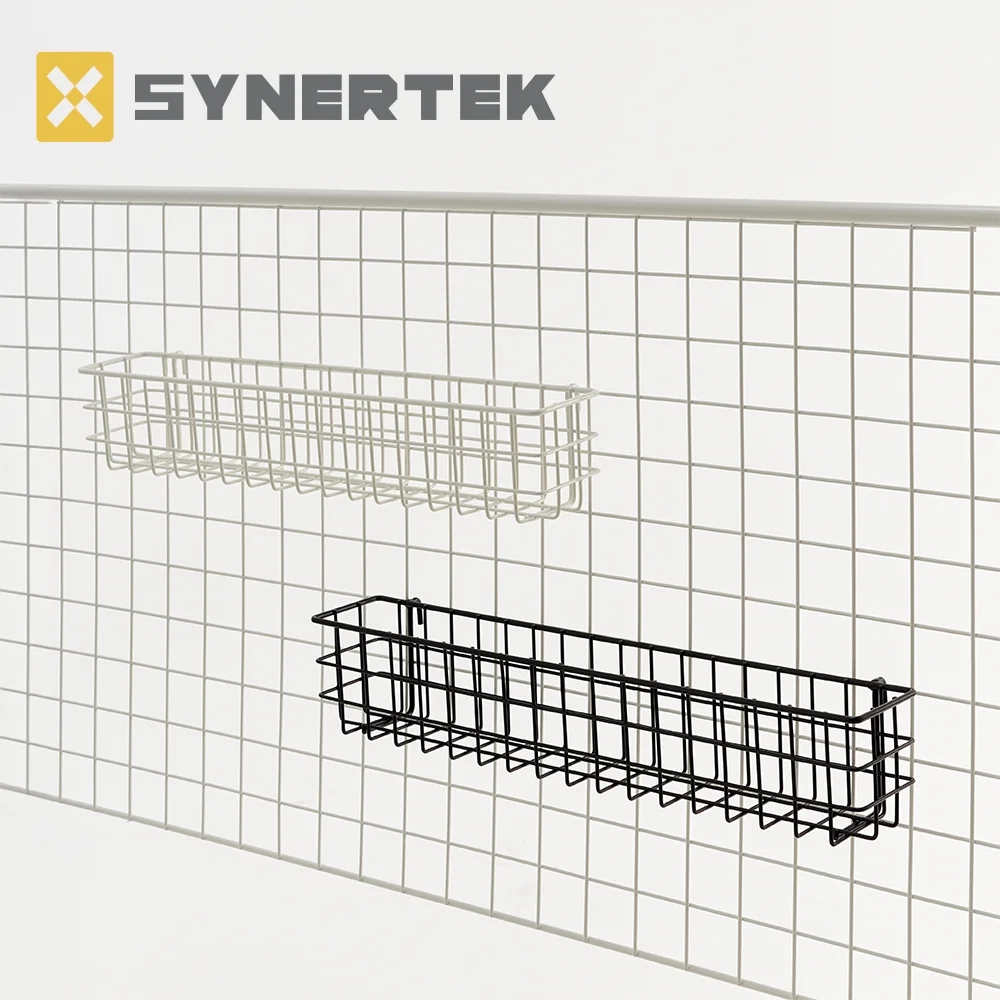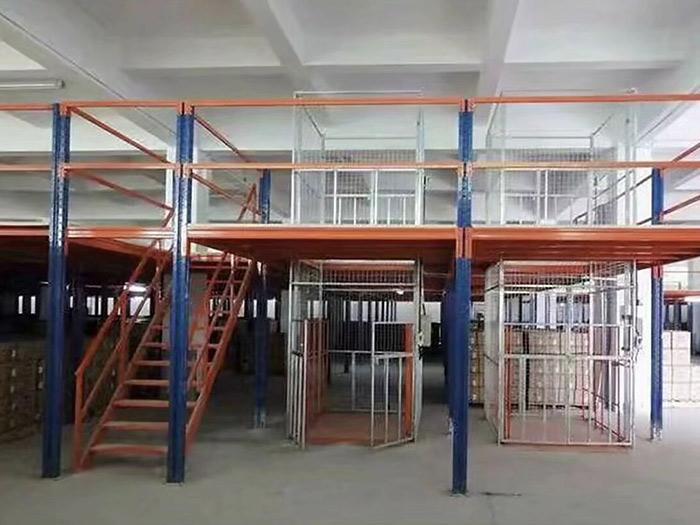Unveiling the Best Concrete Waterproofing Sealers: A Comprehensive Guide for Lasting Protection
3 min readWhen it comes to maintaining the integrity of concrete structures, waterproofing is a critical aspect that cannot be overlooked. Whether you are dealing with a basement, patio, or driveway, the right concrete waterproofing sealer can significantly enhance the durability and longevity of your surfaces. In this article, we will explore the best concrete waterproofing sealers available on the market, their features, benefits, and how to choose the right one for your specific needs.
Understanding Concrete Waterproofing Sealers
Concrete waterproofing sealers are specialized products designed to protect concrete surfaces from water infiltration, which can lead to structural damage, mold growth, and deterioration over time. These sealers create a barrier that prevents moisture from penetrating the concrete while allowing it to breathe, thus reducing the risk of damage from freeze-thaw cycles and other environmental factors.
Types of Concrete Waterproofing Sealers
- Penetrating Sealers: These sealers penetrate deep into the concrete, providing a long-lasting barrier against water. They typically contain silanes, siloxanes, or other water-repellent compounds. Penetrating sealers are ideal for surfaces that experience high moisture exposure, such as foundations and retaining walls.
- Film-Forming Sealers: Unlike penetrating sealers, film-forming sealers create a protective layer on the surface of the concrete. These sealers are often acrylic or epoxy-based and provide excellent protection against water and chemicals. They are suitable for decorative concrete surfaces, such as stamped or stained patios.
- Hybrid Sealers: Combining the benefits of both penetrating and film-forming sealers, hybrid sealers offer superior protection and durability. They are designed to penetrate the concrete while also forming a protective film on the surface, making them versatile for various applications.
Key Features to Look for in a Concrete Waterproofing Sealer
When selecting the best concrete waterproofing sealer, consider the following features:
- Water Repellency: Look for sealers with high water repellency ratings to ensure maximum protection against moisture infiltration.
- Breathability: A good sealer should allow moisture vapor to escape from the concrete, preventing trapped moisture that can lead to damage.
- UV Resistance: If the concrete surface is exposed to sunlight, choose a sealer with UV resistance to prevent degradation and discoloration.
- Durability: Opt for sealers that offer long-lasting protection, reducing the need for frequent reapplication.
- Ease of Application: Consider sealers that are easy to apply, whether by spraying, rolling, or brushing, to ensure a smooth and efficient application process.
Top Concrete Waterproofing Sealers on the Market
- Drylok Concrete Floor Paint: This product is a popular choice for waterproofing basement floors. It provides a durable, water-resistant finish that can withstand heavy foot traffic and is available in various colors.
- Behr Premium Wet-Look Sealer: Ideal for decorative concrete surfaces, this film-forming sealer enhances the appearance of stamped or stained concrete while providing excellent water resistance.
- RadonSeal Concrete Sealer: A penetrating sealer that is particularly effective for basements and foundations, RadonSeal penetrates deep into the concrete to provide long-lasting waterproofing.
- Sika Sikagard-675 W: This hybrid sealer combines the benefits of penetrating and film-forming technologies, making it suitable for a wide range of applications, including driveways and patios.
- Foundation Armor AR350: This solvent-based sealer is designed for both concrete and masonry surfaces, providing a wet look while protecting against water and stains.
Application Tips for Concrete Waterproofing Sealers
To achieve the best results when applying a concrete waterproofing sealer, follow these tips:
- Surface Preparation: Ensure the concrete surface is clean, dry, and free of any contaminants. This may involve pressure washing or using a concrete cleaner.
- Weather Conditions: Apply the sealer on a dry day with temperatures between 50°F and 90°F. Avoid applying in direct sunlight or when rain is expected.
- Follow Manufacturer Instructions: Always adhere to the manufacturer's guidelines for application techniques, drying times, and recommended number of coats.
Conclusion
Choosing the best concrete waterproofing sealer is essential for protecting your concrete surfaces from water damage and ensuring their longevity. By understanding the different types of sealers available, their key features, and application techniques, you can make an informed decision that meets your specific needs. Whether you opt for a penetrating sealer for your basement or a film-forming sealer for your patio, investing in quality waterproofing will pay off in the long run, safeguarding your property against the elements.


